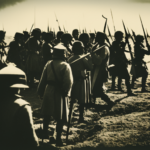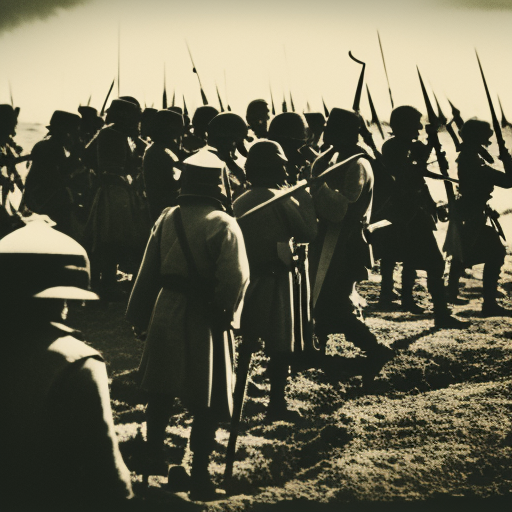The English Bill of Rights (1689)
The English Bill of Rights, passed by the Parliament of England in 1689, was a landmark document that established the rights and liberties of the English people and limited the powers of the monarchy. It was a response to the abuses of power by King James II and aimed to prevent future monarchs from infringing on the rights of the people.
Background
The English Bill of Rights was a direct result of the Glorious Revolution of 1688, which saw the overthrow of King James II and the ascension of William III and Mary II to the throne. King James II had been accused of violating the rights of the English people and attempting to establish absolute monarchy. The Bill of Rights was intended to prevent such abuses of power from happening again.
Main Provisions
The English Bill of Rights consisted of several key provisions that protected the rights and liberties of the English people. These provisions included:
1. Freedom of speech in Parliament: Members of Parliament were granted the right to freely debate and discuss matters without fear of prosecution or interference from the monarch.
2. Freedom from cruel and unusual punishment: The Bill of Rights prohibited the use of excessive bail, fines, and cruel and unusual punishments. It also established the right to a fair and speedy trial.
3. Freedom from taxation without consent: The Bill of Rights declared that the levying of taxes without the consent of Parliament was illegal, ensuring that the monarch could not impose taxes on the people without their representatives’ approval.
4. Freedom to petition the monarch: The English people were granted the right to petition the monarch without fear of retribution, ensuring that their grievances could be heard and addressed.
5. Freedom to bear arms: The Bill of Rights affirmed the right of Protestant subjects to bear arms for their defense, while prohibiting Catholics and other non-Protestants from doing so.
6. Freedom from excessive bail and fines: The Bill of Rights protected individuals from excessive bail and fines, ensuring that punishments were proportionate to the crimes committed.
7. Freedom from standing armies in peacetime: The Bill of Rights declared that the maintenance of a standing army in peacetime without the consent of Parliament was illegal, preventing the monarch from using the military to suppress dissent.
Impact and Legacy
The English Bill of Rights had a profound impact on the development of constitutional law and the protection of individual rights. It established the principle that the monarchy was subject to the law and that the rights of the people were paramount. The Bill of Rights also laid the foundation for the constitutional monarchy that exists in the United Kingdom today.
The ideas and principles enshrined in the English Bill of Rights influenced the drafting of other important documents, such as the United States Bill of Rights and the Universal Declaration of Human Rights. It served as a model for future generations in the fight for individual liberties and the limitation of government power.
In conclusion, the English Bill of Rights of 1689 was a significant milestone in the history of England. It established crucial rights and liberties for the English people while limiting the powers of the monarchy. The Bill of Rights remains an important document in the development of constitutional law and the protection of individual rights.












